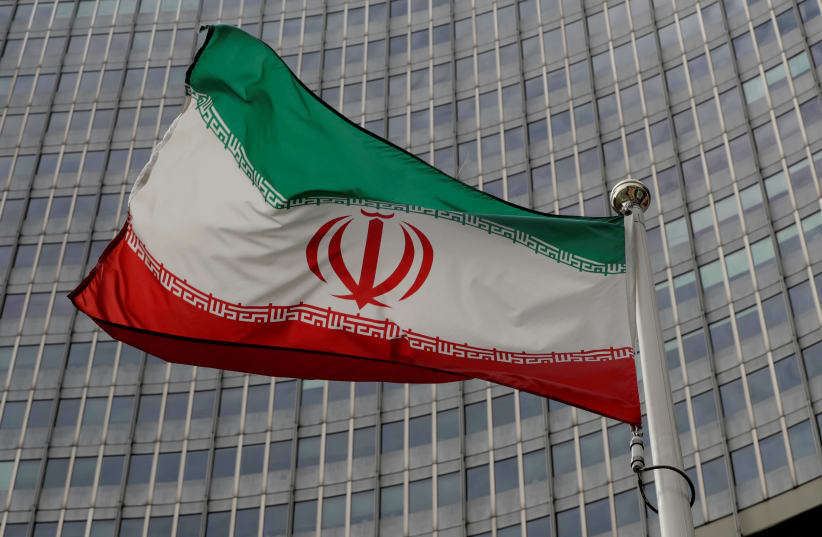A draft resolution, seen by Reuters and dated June 10, put forward by Britain, France and Germany calls on Iran to cooperate fully and promptly with the IAEA.
It asks Tehran to provide access to the locations specified and implement obligations under the Additional Protocol, referring to texts governing the IAEA's mission and activities.
"The Europeans couldn’t sit back and not do anything," a Western diplomat said.However, at a weekly press conference Iran's Foreign Ministry spokesman Seyyed Abbas Mousavi said “The IAEA should appreciate Iran’s cooperation,” and implied the nuclear watchdog was using unreliable evidence from the US and Israel.“We advise the IAEA to be realistic in this regard. We recommend it to refer to the reliable documents and good cooperation of the Islamic Republic with the IAEA and not to issue a report based on the US and Zionist regime's allegations. We hope that the recent meeting of the IAEA leads to a result that would be useful and constructive for maintaining the international security.”Mousavi also spoke about a number of other topics at the press conference, including the ongoing situation in Syria and allegations that the Islamic Republic was behind the September 2019 missile attack on the Aramco oil facility in Saudi Arabia.Regarding Syria, Mousavi explained that Russia, Turkey and Iran – the three mediators of the Astana peace process – are to hold a video conference between the presidents of the respective countries in the near future, ISNA reported.“The exact date of the conference will be set during Foreign Minister Mohammad Javad Zarif’s current visit to Turkey and Russia,” the spokesman explained.Regarding Armaco, Mousavi slammed a UN report that claims the missiles were of Iranian origin, and accused it of being in line with the current efforts made by the US and Saudi against the Islamic Republic."The claim is baseless and is based on the accusation made against Iran by Saudi Arabia and the United States," he said.Mousavi added that “The UN Secretary-General [António Guterres] has been pressured by some countries to issue a report that is baseless,” and explained that Iran was never given evidence or documentation regarding the supposed Iranian origins of the missiles.Yonah Jeremy Bob and Reuters contributed to this report.
